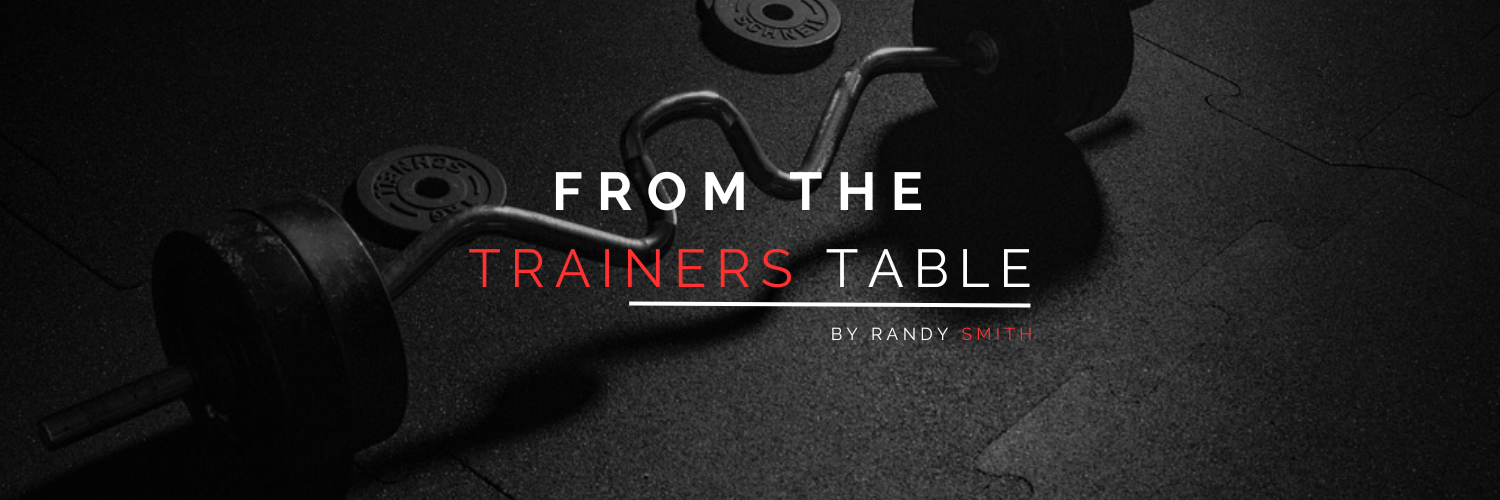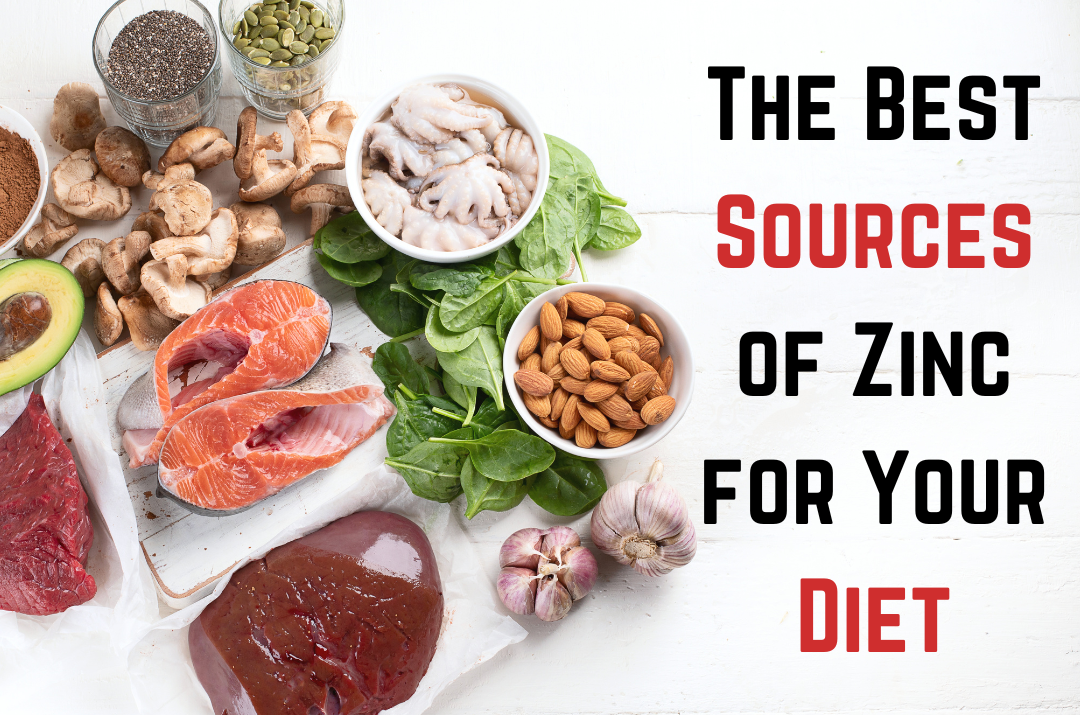The Benefits and Best Sources of Zinc and a Look at the Side effects of Zinc Deficiency
Every body needs zinc, it’s an essential mineral and nutrient that helps your immune system and metabolism function. It is a crucial element in wound healing and also helps your sense of taste and smell! As humans, it is important we incorporate zinc into our diets. We need it for proper immune function, also for proper function of our hormones and a lot of biochemical reactions that happen in our bodies every second of every day.
Often, when you are deficient in zinc, the symptoms won’t be very obvious, but they can be very dangerous. A zinc deficiency can present in skin changes that appear as eczema, hair loss, or wounds that take longer to heal. A lot of people will have tissue depletion and cellular depletion of zinc.
Populations that are most likely to suffer from zinc deficiency are people who drink a lot of alcohol, pregnant women, breastfeeding moms, vegans, athletes and people who are on diuretics.
As far has how much zinc do you take, the research shows that for men its about 11mg of zinc per day, most women will need about 8mg per day, pregnant women will need about 11mg per day and breastfeeding women will need about 12mg of zinc per day. It’s not just about consuming zinc through food or supplements, you have to absorb that amount. In order to do this, you need to consume it in a very bioavailable and bio absorbable form.
In terms of foods that are rich in zinc, the first on the list would be any meat or fish. From red meat, beef, pork or lamb to any wild caught fish and chicken. These are the richest food sources of zinc that you can find and contribute to 20% of zinc intake from food in the United States.
Other seafoods, especially shell fish and oysters are high on the list as well, in fact, oysters contain more zinc per serving that any other food source.
There are many vegetables that are great sources of zinc as well. Asparagus, mushrooms, corn and broccoli are great additions to your diet. Avocados are also a good source of zinc. Per one cup, it contains 8.5% of your daily zinc requirements. They do not contain any oxalates or parasites like other plants do.
Do not waste your money on zinc supplements, you won’t get much zinc from them, you might get fifty percent of what the bottle says are in each serving. So, it’s best to get your zinc from foods to make sure you are getting your daily amount.
Tell us what you think; comment below and share this post with your friends!

